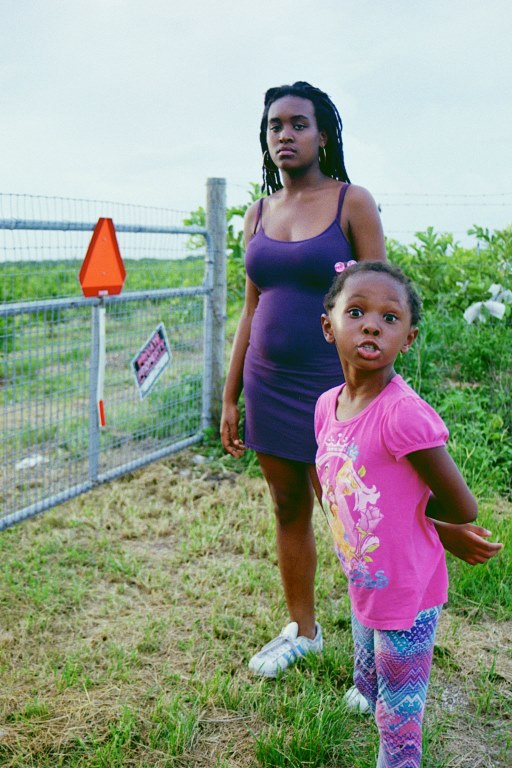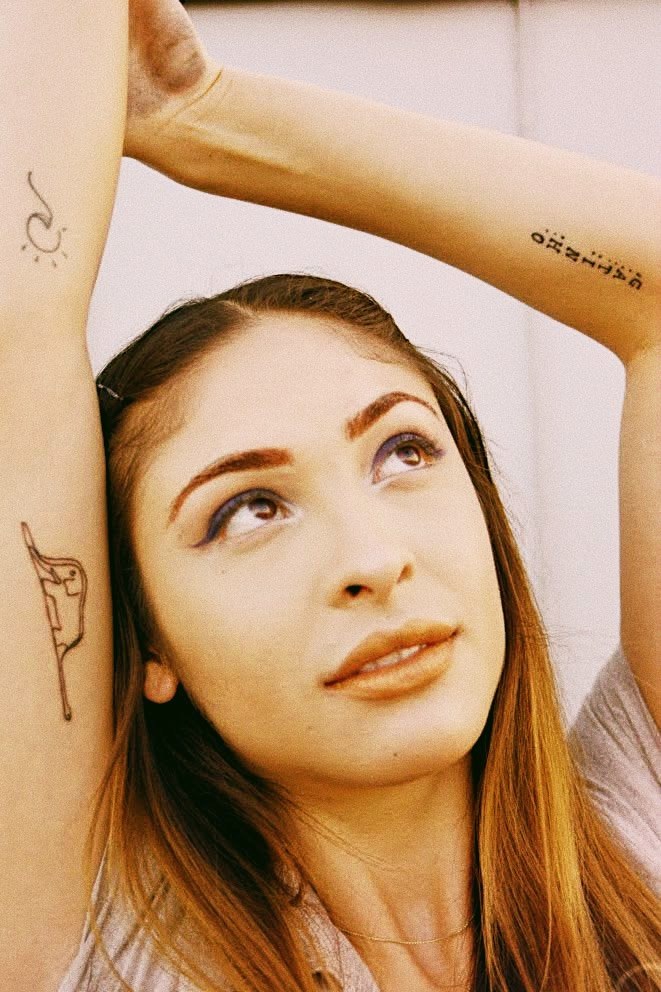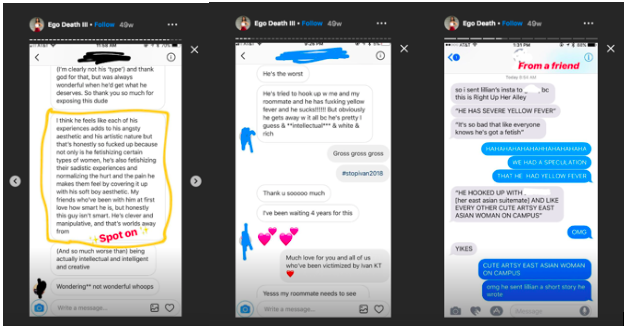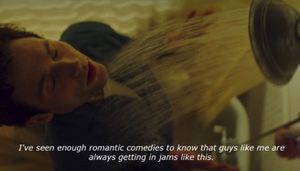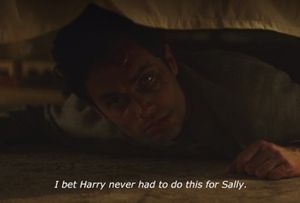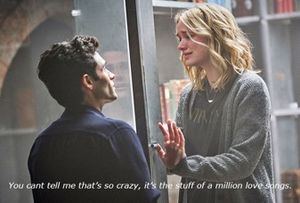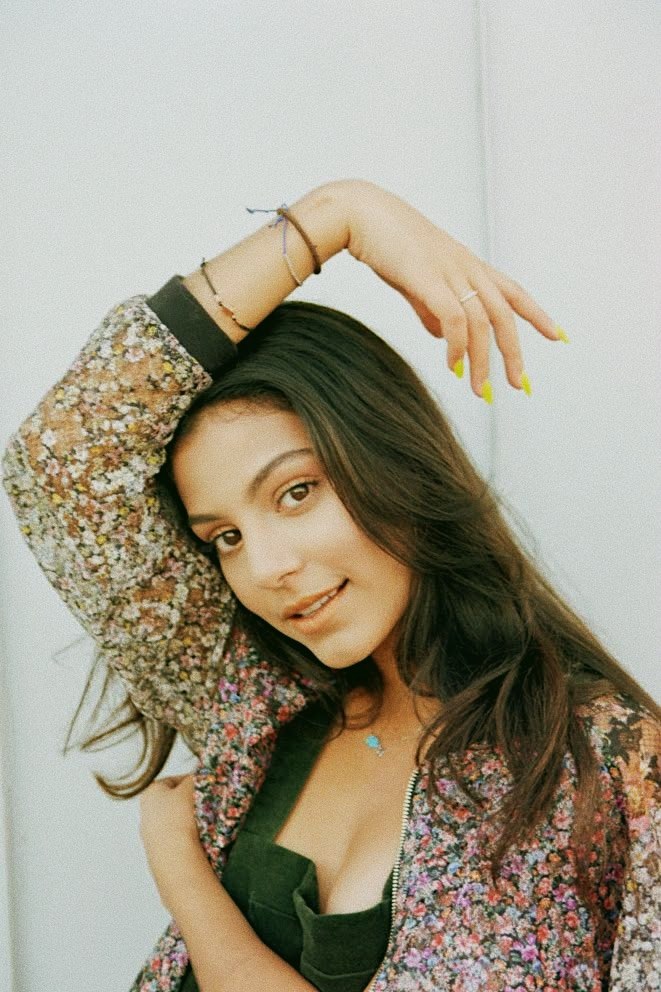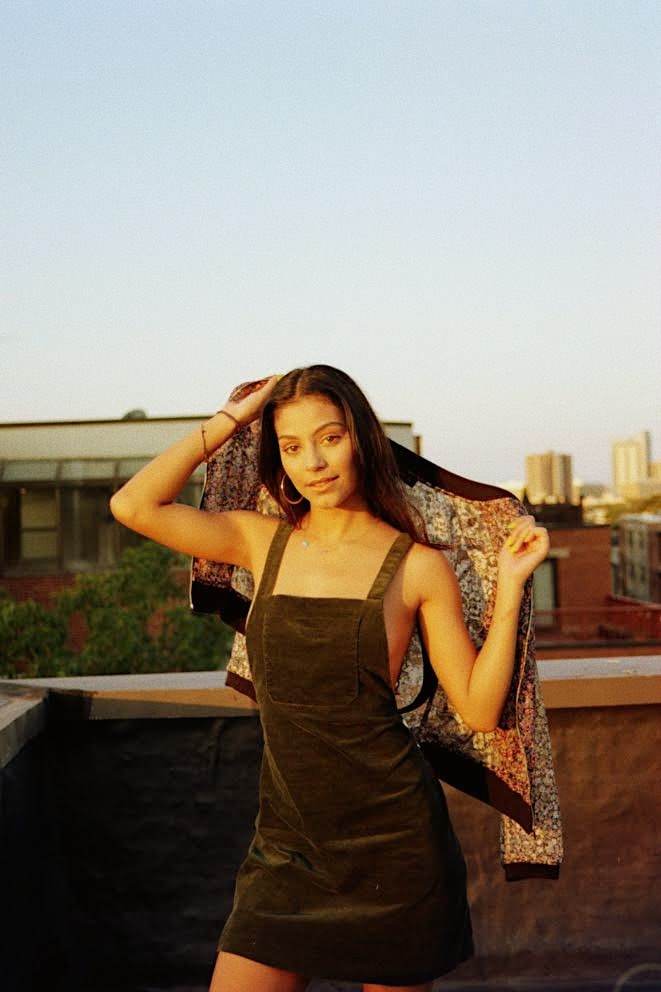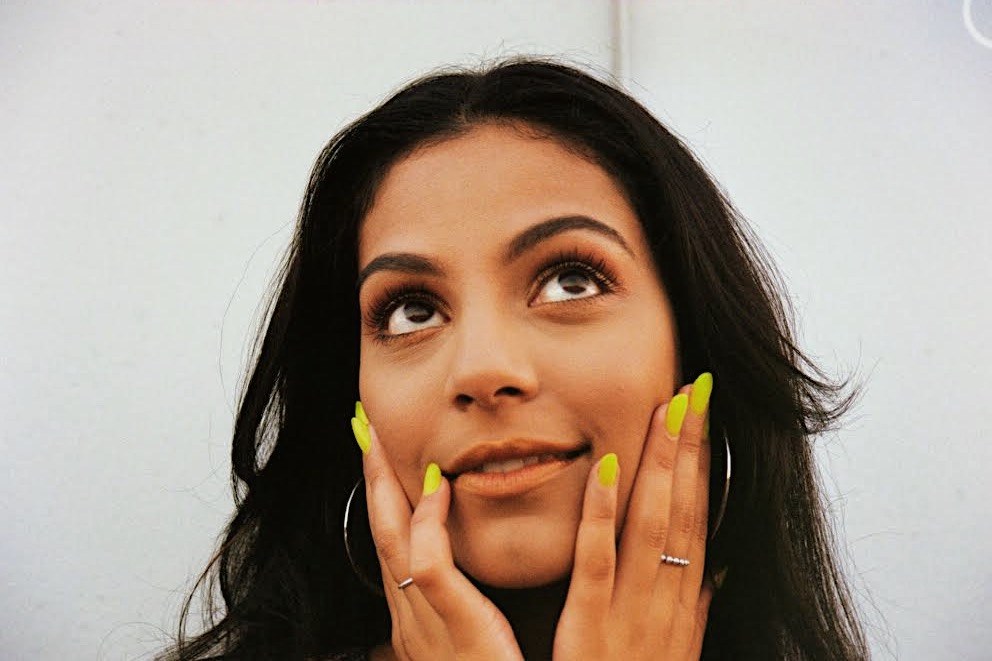By: Maria Ordoñez

This semester, HoochieACTIVE launched a new social media campaign called #FeministFriday. For those unfamiliar with HoochieACTIVE, it is The Hoochie Media Project’s sister group, which focuses on intersectional feminist activism and outreach. Of course, if you already follow HoochieACTIVE on social media, you probably know that every day is a feminist day, but there’s something special about Fridays.
#FeministFriday was launched in an effort to connect with people outside of HoochieACTIVE that identify as feminists and have a passion for diversity, inclusivity and, most of all, intersectionality. And so, every week, a new feminist is showcased, whether it’s a public figure, a professor, a student, anybody.
This week, it’s Lul Mohamud, a senior at Boston University (BU). Born in Maryland, the daughter of Somali immigrants, Lul grew up surrounded by a strength and diversity that has shaped the way she moves through the world. Today she is an active member of the BU community and is involved in Student Government, 16,000 Strong, Residence Life, and the Minority Connection Initiative (MCI).
I met with her this past week to discuss, well, feminism.
On what intersectionality means to her...
Lul: (Sigh) That’s a great [question]. Intersectionality means I get to exist, because when people see me, they’re like, “Ok, what are you?” And, if you look at me, the first thing you can say is I’m a woman. Someone can also say the first thing that they see is “black”. Then, someone else can look at me and say the first thing they see is that “she’s a Muslim.” These three worlds are not separate from one another, they influence one another at all times. It’s a tapestry, it’s interwoven. They depend on one another. [If] you pull one string, what happens? The rest fall apart. We can’t be defined as a part of who we are, we have to look at the whole, but unfortunately, we live in a society that focuses on a single part... especially if it’s different from theirs.”
Me: The easiest one to swallow.
Lul: That’s exactly what it is! And so, intersectionality – that term in itself is empowering for those of us that who have layered identities, layered existences. We work on multiple planes. We move through multiple dimensions at all times. And to be pin-holding [us] to one singular lane, is limiting and, in some ways, it’s also disrespectful, because it’s putting a greater value on one over another, and I value all of them equally because that’s what makes me phenomenal.
Me: You are!
Lul: I try my best. I still struggle with it to this day, every day, but, you know, you got to –
Me: Fake it till you make it?
Lul: Exactly, that’s what they do! My dad always says, “We just trynna beat the white man at his game.” (Laughs) I made a label of that [and] I put on my laptop. I love watching people get uncomfortable when they read it. Like, “Huh? Excuse me? What?”
On her feminist icon...
Lul: Ah jeez... Ooh, I have a long list. Umm... Honestly, I would have to say my father. My father is my feminist icon, and I’ll tell you why: Because, my father has 4 girls, right? And he also comes from a family where he has, I think in total, ten brothers and one sister. Unfortunately, my aunt passed 2 weeks ago, but my father –.
In Somali culture, which is actually very common in other cultures, the male is [usually] more important than the woman. And I say male, specifically, not man. I say male, because it’s literally just that biological distinction that makes them greater than us, nothing else. Womanhood in itself is something that's invaluable because, it's priceless. It’s something that anybody can hold if they have that capability, that inner greatness that comes with womanhood...
When my oldest sister was born, and when I was born right after her, and my other sister, and my other sister – when we were born, uncles would come over to the house and kind of give their condolences to my father for having a daughter, and my father’s instinct, immediately, was: “You can leave my house.” He’s like, “You may not see the worth of what God has given me, but I do, and I want you out of my house before you realize it.”
Even in Islam, it teaches us that when a man has a daughter, she gives him a path to heaven. A daughter, specifically. Even in Somali proverbs and stories, you realize that when a man has a daughter, he has a second family for life, because she is the only one capable –. A woman, someone who embodies womanhood, not just biologically – has the ability to care for generations. For humanity. And so, when you don’t see that worth, you are ignorant of one of the greatest gifts that exists and is known to human kind.
And my father was the first person to teach me that, and to this day, my father is so proud of every single one of his daughters. Since the day we walked, since the day we started talking, everything we did, to him, was exceptional. Because it was his daughters, the people that will continue his legacy. To this day, my father will be the first to tell any man who says in any way [that] he is greater than any woman, my father is the first to object him. And he will have the last word, he refuses [not to]. And so, my father really embodies [this]. He’s the one that tells us at all times, you women– he usually calls us “Women of God” or “Women of greatness” – you are going to be the ones that change the world and you are going to be the ones that make me proud.
We have a younger brother (Laughs), but my father is the first to always remind him of the wealth that sits around him. At all times. My father is like, “You have five mothers... I wasn’t lucky enough to have that many mothers around.” But his sister was everything to him, she still is, even though she’s passed. She’s everything to him. Anything that she says goes. He listens, because he says, “A woman has a connection, a special connection to see things in a way a man never will, so I trust her 100 percent.” Any decision my father makes, it’s my mother’s decision: “She’s not only my equal, but her word is invaluable.”
He’s a feminist icon to me, because he does everything he can to make sure that he is actively working to reverse any forces that try, in any way, to stifle a woman’s greatness.
Me: I think your dad is also my feminist icon.
Lul: (Laughs) And he's not extra! It’s the way he lives, he embodies that notion.... If he hears any uncle of mine say [anything] to his wife or his child, he tells them: “There’s a special kind of ignorance that lives in your soul.” And he leaves. Just like that. Mad chill. He just floats out the room.
When he’s in our house, he likes to just be around us, he likes to just listen to us... Most times, it’s difficult to get a man to listen to a woman, [but] my father is one of the greatest listeners. He doesn't listen to men [though], that’s just a waste of time. He says, “Ninety percent of the words they say are useless.” (Laughs) He’s such a man basher sometimes, but he, like, owns up to it.
A special thank you to Lul for taking the time to do this interview, as well as HoochieACTIVE’s President, Johannah Coichy, and Social Media Coordinator, Daniela Tellechea. Without them, we wouldn’t have the safe spaces that allow us to have these kinds of conversations.
If you want to read more, keep an eye out for “An Interview with Lul Mohamud (Pt.2),” and in the meantime, stay connected with HoochieACTIVE for more #FeministFriday content:
Instagram: @hoochie.active
Facebook: HoochieActive
Twitter: @hoochie.active
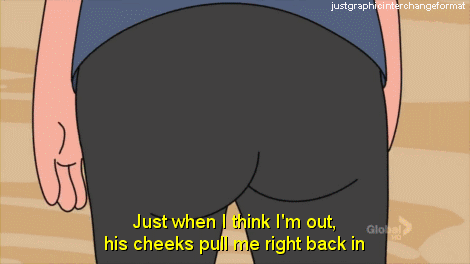





 beauty and our talent, as Susan had told me. Support is accepting the flaws that are found within us and grabbing them by the throat. We must embrace our flaws through moments of self-conflict and self-reflection–– like the urge to message a bully at 3am. A babe supports another babe by challenging her to overcome the obstacles that society brings.
beauty and our talent, as Susan had told me. Support is accepting the flaws that are found within us and grabbing them by the throat. We must embrace our flaws through moments of self-conflict and self-reflection–– like the urge to message a bully at 3am. A babe supports another babe by challenging her to overcome the obstacles that society brings.
